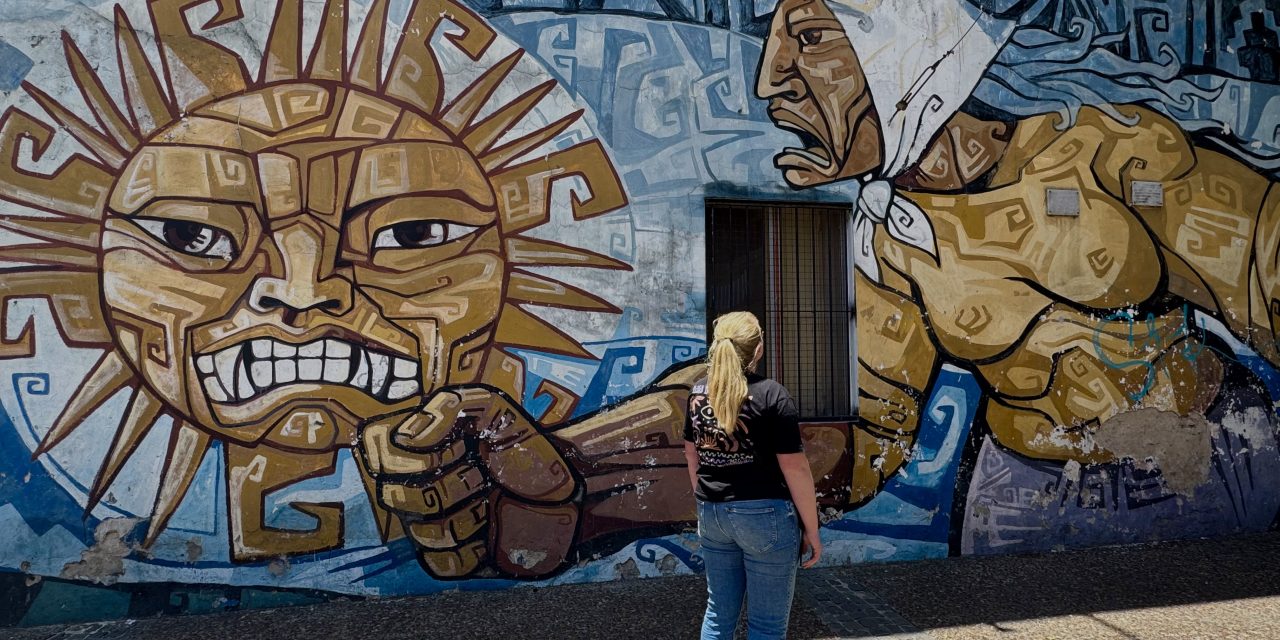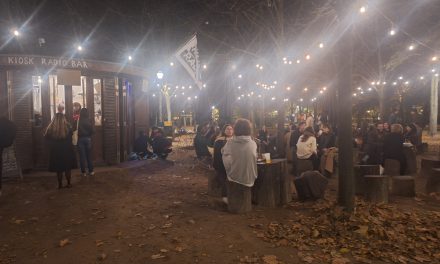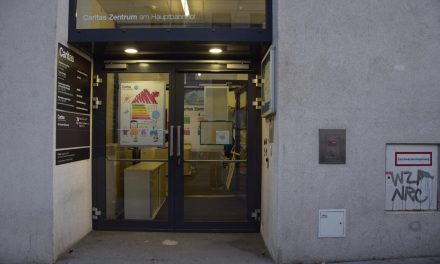As Javier Milei’s administration marks its first year, Argentina braces for pivotal midterm elections that will test the public’s sentiment towards his governance and set the stage for the nation’s political trajectory. “Argentina was a beacon of progress in Latin America for women’s rights, but today, under the new administration, the country risks becoming a dire warning for others,” warns Mariela Belski, Operative Director of Amnesty Argentina. Her grave evaluation underscores growing concerns about the dismantling of vital support systems for women and the chilling effect on feminist activism, highlighting the stakes of the nation’s current political climate.
Achievements Under Threat
To understand the depth of this regression, it’s crucial to recall the milestones Argentina achieved in the recent past. The Ni Una Menos movement, born in 2015, galvanized the nation against gender-based violence, leading to increased awareness and demands for justice. This social movement, fueled by the tireless activism of groups like the Madres de Plaza de Mayo (Mothers of the Plaza de Mayo) who fought for justice for their children who disappeared during the dictatorship, paved the way for the Green Wave, a powerful feminist movement that championed reproductive rights. Their iconic green handkerchiefs became a symbol of the struggle for legal and safe abortion. This fight culminated in the historic victory of 2020 when Argentina legalized abortion, a landmark achievement that positioned the country as a regional leader.
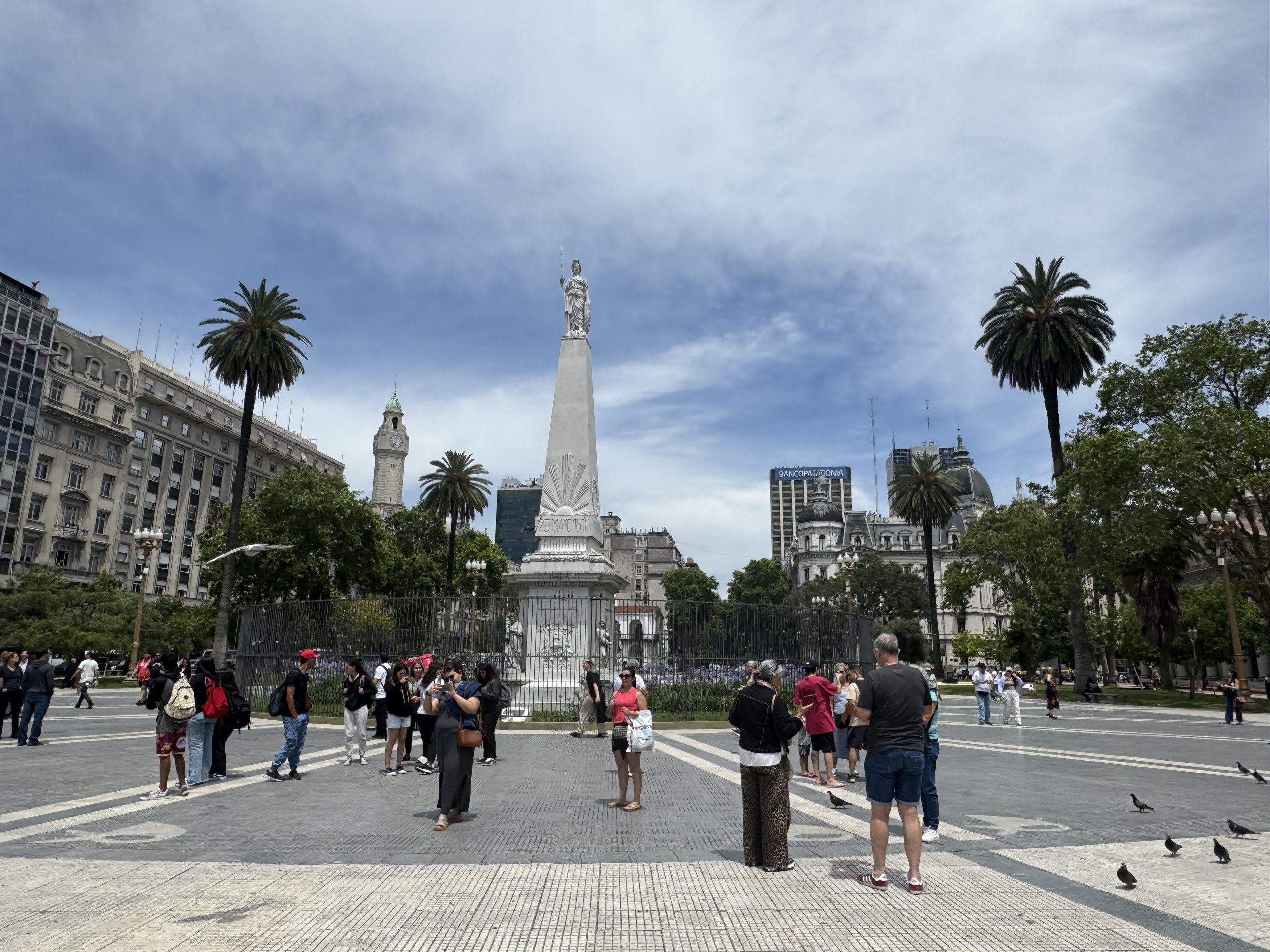
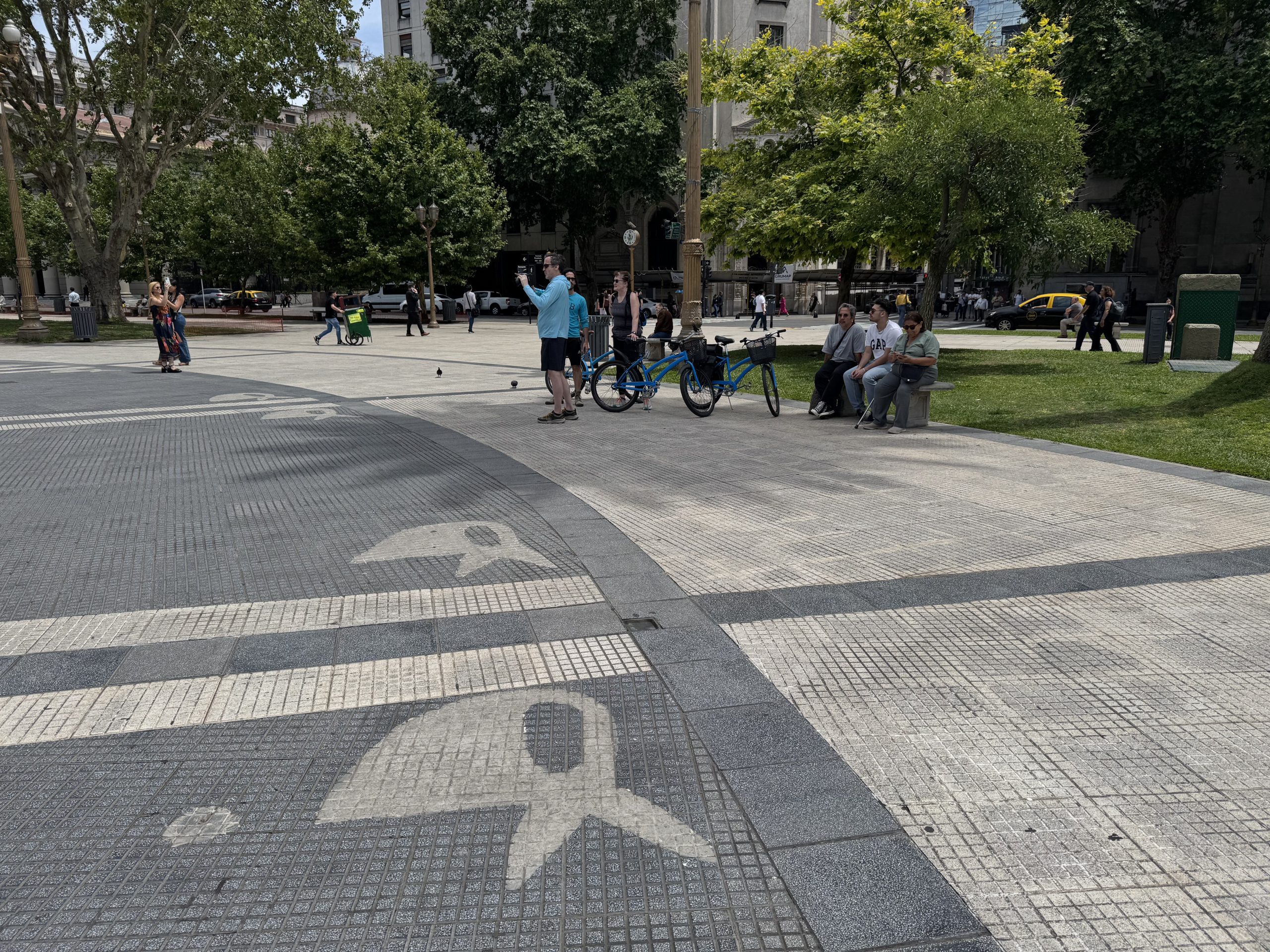
Milei’s Economic and Social Agenda
However, this progress is now under threat. Milei, a right-wing libertarian, ascended to power on a wave of populist rhetoric, promising economic reform and a return to traditional values. His administration has implemented drastic cuts to social programs, including those aimed at protecting women from violence and providing essential healthcare. Mariela Belski, Operative Director of Amnesty Argentina, reveals the devastating impact of these policies: “We used to receive five or four consultations last year on our helpline for women facing problems accessing abortion or contraception. Now we are receiving more than 100 per month.” This surge in demand highlights the growing barriers women face in accessing vital reproductive healthcare.

© Amnesty International Argentina – Mariela Belski, Operative Director of Amnesty Argentina, speaks about the challenges facing women’s rights in Argentina.
Argentina’s Regressive Stance on the Global Stage
Milei’s “cultural battle” extends beyond domestic policies. On the international stage, Argentina has adopted an increasingly regressive stance on gender issues. Cynthia Palacios Reckziegel, a lawyer with the human rights organization CELS, notes: “The government is making public statements in international fora against gender violence and against abortion.” Argentina has even voted against UN resolutions condemning gender-based violence, raising alarm bells among international human rights organizations. This shift in Argentina’s foreign policy aligns with a concerning global trend of rising right-wing populism and its attacks on women’s rights.

Cynthia Palacios Reckziegel of CELS, with the word Unstoppable displayed in the office, a testament to their resilience.
The Dismantling of Support Systems
The dismantling of support systems for women is a central element of Milei’s agenda. Lucía de la Vega, CELS coordinator for the feminist agenda, emphasizes the urgency of restoring these programs: “The most pressing need right now is financial aid and support for victims of gender-based violence. These programs were providing a lifeline for women who were being isolated from society and left to their own luck.” The government’s justification for these cuts, claiming “gender has no violence,” has been met with strong criticism from international bodies like the Inter-American Commission on Human Rights.
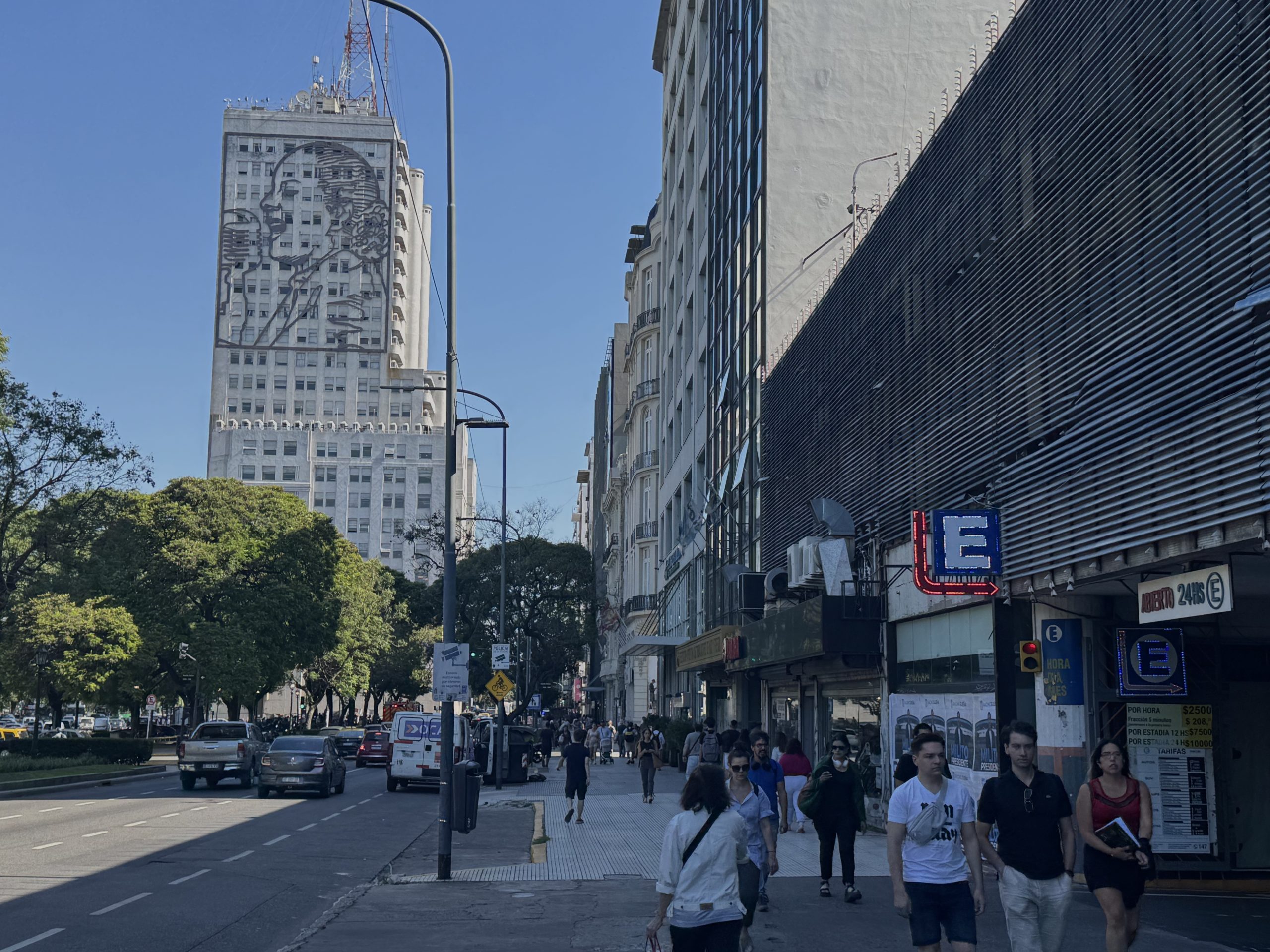
The Ministerio de Capital Humano “Eva Perón” in Buenos Aires honors Eva Perón, Argentina’s iconic First Lady known for her advocacy of women’s rights and social welfare during the 1940s and 1950s.
The Chilling Effect on Feminist Activism
CELS, the Center for Legal and Social Studies, operates out of a spacious, light-filled office in the heart of Buenos Aires. Around the corner, protesters rally against hunger outside the Ministry of Human Capital, a stark building adorned with a massive mural of Eva Perón. Inside the CELS office, the atmosphere is warm and collaborative. Women brew and share Mate tea as they discuss the impact of the current administration on gender rights. The walls are lined with posters advocating for human rights and gender equality, a testament to the organization’s decades-long commitment to justice.
CELS reports that social movements are facing increasing criminalization and persecution, making it difficult for them to advocate for women’s rights. “The administration now is also criminalizing social movements that protest on the street,” said Cynthia Palacios Reckziegel of CELS. “As I said, right, this green wave was this very characteristic feminist movement of Argentina and now we can’t do that. We can’t go to the streets and participate in a protest as we did back in 2020. Mostly because we have this protocol, this measure of the Ministry of Security that basically criminalizes protests and the right to the freedom of assembly.” She added, “You might receive either a fine from the state asking for them to pay for the fees of the police that participated in the process, which doesn’t make any sense, and also you might be named and shamed by the government somewhere in any way possible.” These restrictions have stifled public demonstrations, once a hallmark of Argentina’s feminist movement, further exacerbating the repression.

Lucía de la Vega, feminist agenda coordinator at CELS, emphasizes the urgency of restoring support systems for women.
The Government’s Cultural Battle
Milei’s focus on a “cultural battle” reflects a broader ideological campaign to shift Argentina’s societal values. According to CELS, this strategy centers on portraying progressive movements, including feminism, as a threat to traditional family structures and national identity. “This cultural battle is not just about policies—it’s about reshaping the narrative to align with a conservative agenda,” explains Palacios. Milei’s administration has justified its drastic cuts to social programs and rollbacks on gender equality initiatives by framing them as necessary to prioritize Argentina’s economic recovery. “They claim these measures are essential to cut spending and stabilize the economy, but in reality, it’s about dismantling the social fabric that supports vulnerable groups,” adds Palacios. This approach mirrors broader conservative movements in the region and globally, which often leverage economic arguments to justify regressive social policies.
The Structural Challenges Ahead
Valeria Colombo, a sociologist at La Casa del Encuentro, highlights the urgency of addressing structural issues: “The problem is that we can only focus on putting out the fires – the immediate issues of violence. We don’t have the resources to address the underlying inequalities that are at the core of the problem. It’s a structural issue that isn’t being acknowledged.” La Casa del Encuentro, based in Buenos Aires, is a refuge and advocacy center for women affected by violence. It combines professional support with initiatives like data collection, public policy advocacy, and direct services for women and children. Colombo works closely with these programs and remains a vocal advocate for systemic change, even as the organization struggles against the tide of regression.
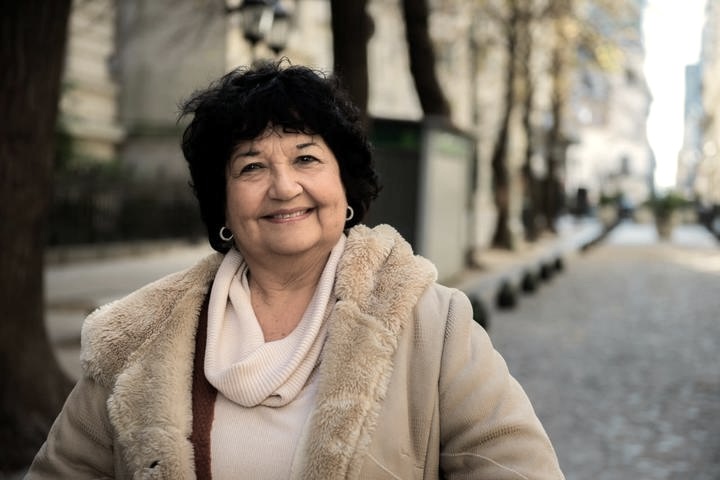
© Inés Busquets
Prominent feminist scholar and former government advisor Dora Barrancos offers a sobering perspective on the situation: “This escalation of rights is completely threatened with the arrival of the extreme right in government. We are living through a tragic situation of setbacks that led to the extinction of the Ministry [of Women, Gender and Diversities], the annihilation of programs aimed at eradicating violence against women and providing them with material help.” She further emphasizes the importance of global solidarity: “International feminist action is absolutely essential. We should have more material resources.”
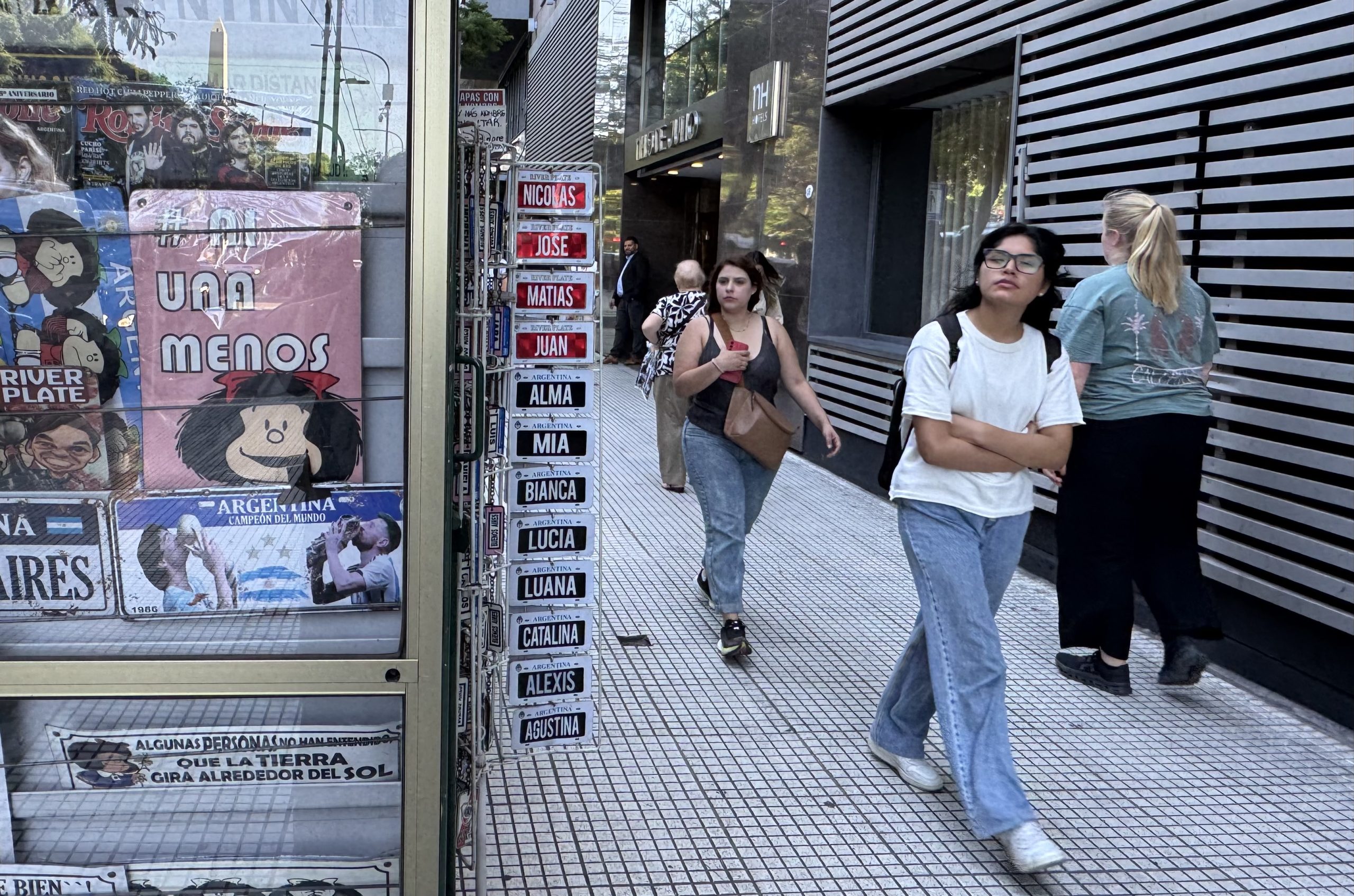
A placard from the Ni Una Menos movement, symbolizing the fight against gender-based violence in Argentina.
International Concerns and Parallels
Amnesty International has also raised alarms about the broader implications of Milei’s administration. “We are also working with Poland because of the Polish situation they are having with abortion as well. And, of course, we are very in touch in the region, like with Paraguay, for example, where they have just had a law which is going against NGOs, those NGOs who are working with gender and diversity and even other issues,” said Belski. She noted parallels with Argentina’s current trajectory, adding, “To be honest, we think that we can have something like that here. Not a law, but of course we know that the government has a list of organizations. This government, the Milei government, has a list of organizations that they are looking to, because of course it could happen that they came against those organizations who are working with these kinds of issues.” This cultural battle, Belski warns, targets NGOs working on progressive gender and diversity initiatives and other areas of social equity, raising concerns about the future of civil society in Argentina.
A European Lens on Women’s Rights in Latin America
The regression in Argentina serves as a stark reminder of the fragility of progress on women’s rights. The situation has prompted a robust response from the European Union, which has partnered with UN Women under the Spotlight Initiative to address gender-based violence globally. Cristina Fabre, gender-based violence expert at the European Institute for Gender Equality, highlights the significance of this collaboration. “The Spotlight Initiative is a primary instrument in combating gender-based violence, not only through legal reforms but also through targeted measures in Latin America,” says Fabre.
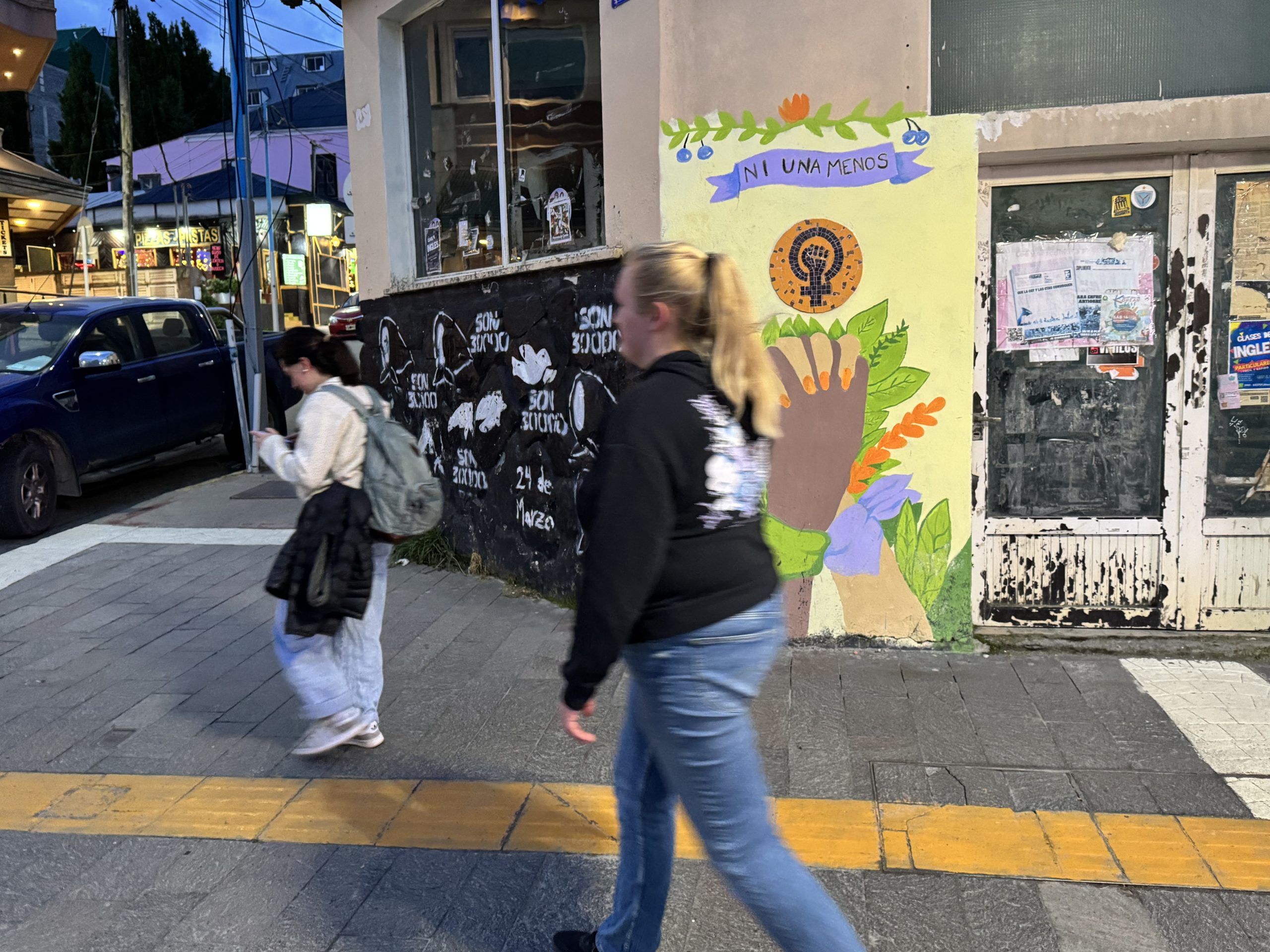
Ni Una Menos graffiti in Ushuaia, Tierra del Fuego, showcasing the nationwide presence of the feminist movement.
Fabre also emphasizes that this collaboration is not a one-way street. “Latin America has been a global leader in addressing femicide as a distinct crime,” she notes. Initiatives like Argentina’s National Observatory on Femicides have provided critical data and frameworks that the EU has incorporated into its own approaches. “Despite regional differences, the root causes of gender-based violence are universally shared, making international cooperation indispensable,” adds Fabre.
The EU’s involvement in Latin America underscores the importance of global solidarity in protecting and advancing women’s rights. By combining local expertise with international resources, initiatives like the Spotlight Initiative aim to not only mitigate the immediate effects of violence but also address systemic inequalities. “Partnerships like these illustrate the EU’s commitment to fostering sustainable gender equality worldwide,” Fabre concludes.
